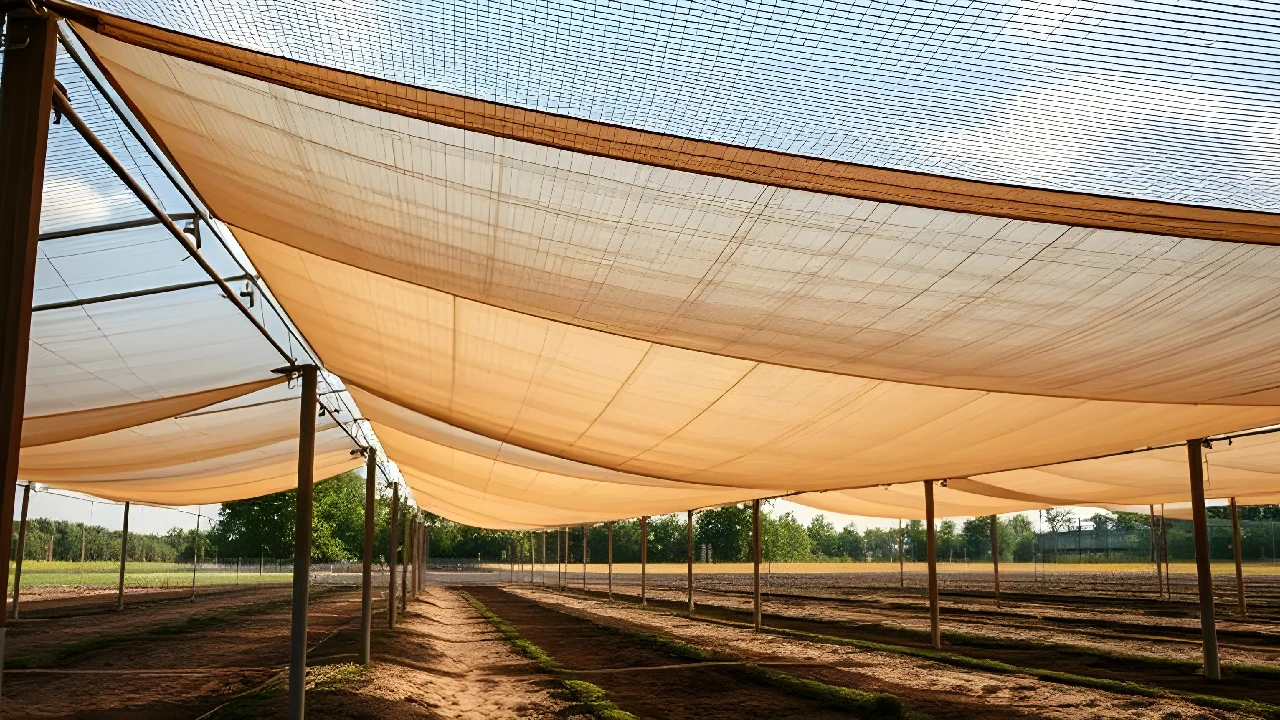
- Home
- About Us
- Telangana▼
- Balcony Safety Nets▼
- Balcony Safety Nets in Hyderabad
- Balcony safety nets in Kukatpally
- Balcony Safety Nets in Hitech City
- Balcony Safety Nets in Madhapur
- Balcony Safety Nets in Kondapur
- Balcony Safety Nets in Punjagutta
- Balcony Safety Nets in Jubilee Hills
- Balcony Safety Nets in Gachibowli
- Balcony safety Nets in Miyapur
- Balcony Safety Nets in Secunderabad
- Cloth Hangers▼
- Invisible grills▼
- Bird Netting▼
- Cricket Practice Nets▼
- Cricket Practice Nets in Hyderabad
- Cricket Practice Nets in Kukatpally
- Cricket Practice Nets in Hitech City
- Cricket Practice Nets in Madhapur
- Cricket Practice Nets in Kondapur
- Cricket Practice Nets in Jubilee Hills
- Cricket Practice Nets in Punjagutta
- Cricket Practice Nets in Gachibowli
- Cricket Practice Nets in Miyapur
- Cricket Practice Nets in Secunderbad
- Children Safety Nets▼
- Children Safety Nets in Hyderabad
- Children Safety Nets in Kukatpally
- Children Safety Nets in Hitech City
- Children Safety Nets in Madhapur
- Children Safety Nets in Kondapur
- Children Safety Nets in Jubilee Hills
- Children Safety Nets in Punjagutta
- Children Safety Nets in Gachibowli
- Children Safety Nets in Miyapur
- Children Safety Nets in Secunderabad
- Construction Safety Nets▼
- Construction Safety Nets in Hyderabad
- Construction Safety Nets in Kukatpally
- Construction Safety Nets in Hitech City
- Construction Safety Nets in Madhapur
- Construction Safety Nets in kondapur
- Construction Safety Nets in Jubilee Hills
- Construction Safety Nets in Punjagutta
- Construction Safety Nets in Gachibowli
- Construction Safety Nets in Miyapur
- Construction Safety Nets in Secunderabad
- Anti Bird Nets▼
- Shade Nets▼
- Pigeon Safety Nets▼
- Pigeon Safety Nets in Hyderabad
- Pigeon Safety Nets in Kukatpally
- Pigeon Safety Nets in Hitech City
- Pigeon Safety Nets in Madhapur
- Pigeon Safety Nets in Kondapur
- Pigeon Safety Nets in Jubilee Hills
- Pigeon Safety Nets in Punjagutta
- Pigeon Safety Nets in Gachibowli
- Pigeon Safety Nets in Miyapur
- Pigeon Safety Nets in Secunderabad
- Duct Area Safety Nets▼
- Duct area Safety Nets in Hyderabad
- Duct area Safety Nets in Kukatpally
- Duct area Safety Nets in Hitech City
- Duct area Safety Nets in Madhapur
- Duct area Safety Nets in Kondapur
- Duct area Safety Nets in Jubilee Hills
- Duct area Safety Nets in Punjagutta
- Duct area Safety Nets in Gachibowli
- Duct area Safety Nets in Miyapur
- Duct area Safety Nets in Secunderabad
- Mosquito Nets▼
- Bird Spikes▼
- Balcony Safety Nets
- Andhra▼
- Contact
 Shade nets, also known as shade cloths or netting, are lightweight, durable fabrics designed to filter sunlight and provide protection from harsh environmental conditions. Widely used in agriculture, horticulture, and even residential settings, these nets have become an essential tool for managing light, temperature, and moisture. Their adaptability and affordability make them a go-to solution for growers, gardeners, and industries seeking sustainable ways to optimize conditions.
Shade nets, also known as shade cloths or netting, are lightweight, durable fabrics designed to filter sunlight and provide protection from harsh environmental conditions. Widely used in agriculture, horticulture, and even residential settings, these nets have become an essential tool for managing light, temperature, and moisture. Their adaptability and affordability make them a go-to solution for growers, gardeners, and industries seeking sustainable ways to optimize conditions.